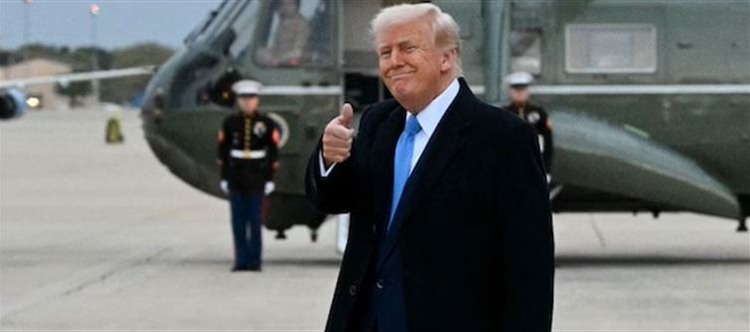
From his own viewpoint, donald trump likely believes he is doing the right thing. He casts himself as a political outsider, battling a system he deems corrupt and unaccountable. His boldness, disregard for convention, and aggressive rhetoric resonate with supporters who feel ignored by the political establishment.
However, intention alone does not make a great leader.
As a national figure, trump has consistently failed to rise to the responsibilities of leadership. His tenure has been marked by divisive language, undermining of democratic institutions, and a narrow focus on loyalty over unity. Rather than addressing the needs of all Americans, his actions have often deepened political and social fractures.
Leadership is not measured by disruption, but by the ability to unite, to listen, and to serve beyond one’s base. On that front, Trump’s legacy falls short.
Things some see as unfair or wrong:
Undermining institutions
He’s questioned the legitimacy of elections and courts. That’s dangerous because democracy relies on trust in systems. When you say “the system is rigged” without solid proof, it can erode that trust.
Divisive rhetoric
His language—often inflammatory—has widened political divides. While some love his bluntness, others see it as intentionally stoking fear or hate.
Policy choices that favored elites
Some of his tax reforms, deregulations, and pandemic handling were criticized as favoring corporations and the wealthy, not the average citizen.
Things some see as fair or right:
Challenging the status quo
He brought attention to real frustrations people had—about jobs going overseas, political elites being out of touch, or immigration needing reform. For many, he was the first politician who “spoke their language.”
Foreign policy moves
He pushed NATO allies to spend more on defense and opened dialogue with North Korea—controversial, yes, but bold.
Criminal justice reform
Under his administration, the First Step Act passed—a bipartisan law that aimed to reduce prison sentences and give inmates a better shot at reintegrating.
My take (as you'd hear from a thoughtful human):
Trump’s actions have often been polarizing because he doesn’t play by traditional rules. That’s appealing to some—who see him as a necessary disruptor—and terrifying to others—who see him as reckless and authoritarian. Whether it’s right or fair depends on whether you value stability or disruption more.
If you're looking for personal advice: Think critically, look at outcomes, not just vibes. Don’t just follow headlines or party lines—ask: “Did this action help people? Was it truthful? Was it just?”




 click and follow Indiaherald WhatsApp channel
click and follow Indiaherald WhatsApp channel